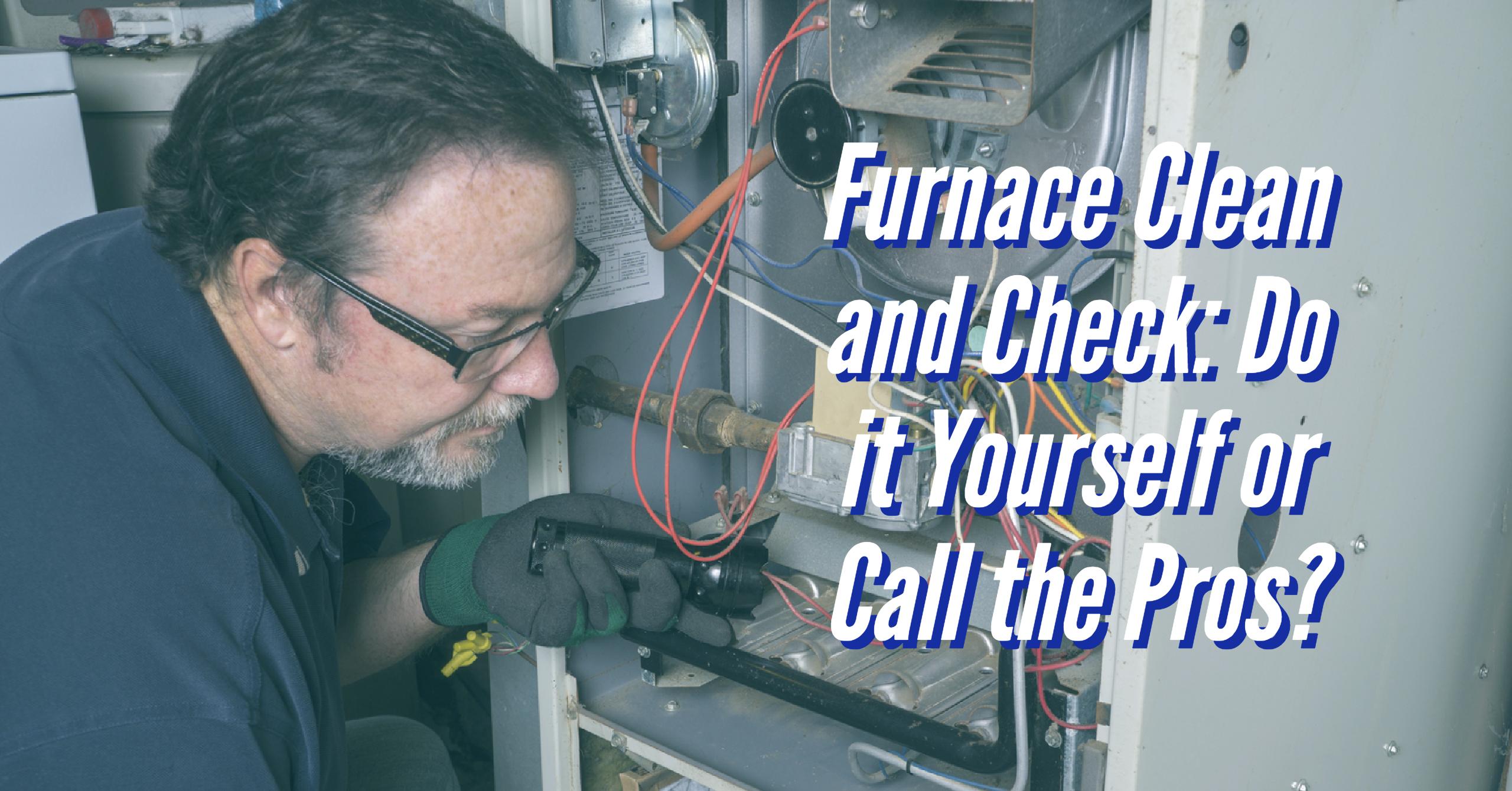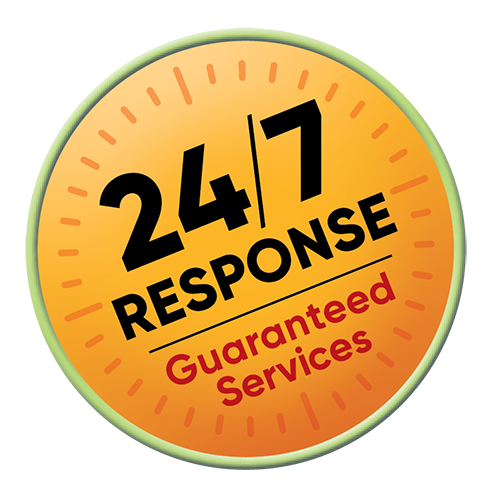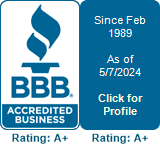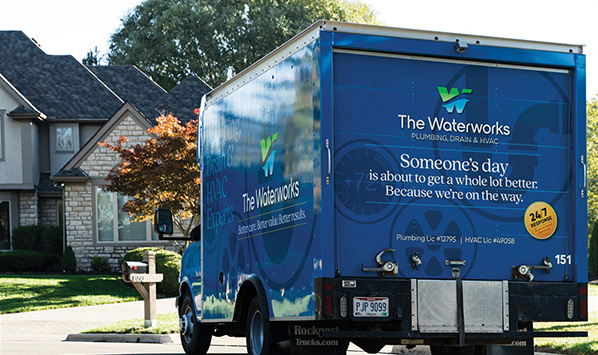
Furnace Clean and Check: Do it Yourself or Call the Pros?
Central Ohio just had a taste of what Old Man Winter will bestow upon us in the next few months. Brrrr! In fact, many of us just broke down and turned on our furnaces for the first time! Before you did, did you happen to check your system? Change the filter? Maybe even program your thermometer? Did you call for preventive maintenance? You should have.
Your HVAC system is the heart of your home much like an engine is to a car. You don’t want your furnace to stop working in the middle of January, do you?
Without a planned service check-up, it may do just that. No matter how expensive the system is or what the manufacturer promises, a complicated piece of mechanical equipment is subject to repairs and breakdowns every so often. Reduce the incidence of repairs by keeping on top of annual maintenance.
There are some things that you as a homeowner can DIY when it comes to your furnace: check and change the air filter, clear off any dust and debris from around the system (inside and out), your registers and ducts and listen for any unusual noises when the system is running. But what are you missing?
Turn it Over to an HVAC Pro
Many homeowners wonder why they can’t just complete an entire tune-up themselves. The fact is a thorough tune-up requires skills, tools, and knowledge that only experienced HVAC technicians can deliver. Here’s what to expect when you call in the pros to perform annual HVAC system maintenance:
- Check the thermostat: The tech makes sure the thermostat is calibrated correctly to ensure comfort in every season. If you don’t have a programmable thermostat, your technician may recommend one and install it for you on the spot. There are some great ones out now, including NestPro.
- Tighten electrical connections: Loose connections are dangerous and can cause improper operation that shortens the equipment’s lifespan. The technician will measure voltage and current on equipment motors.
- Lubricate all moving parts: Lack of lubrication causes high amounts of friction in the system. This can cause it to overheat and break down. Adding lubrication helps parts move smoothly against one another, decreasing electricity use and lowering your energy bills.
- Inspect the condensate drain: Cooling equipment and condensing furnaces produce condensate when they operate. Under normal conditions, the condensate collects in a pan and drains away to the outside. However, over time sludge or algae can form in the drain pipe and create a blockage. During times of high usage, the drain pan may overflow and cause water damage to the equipment or your home. A technician checks the condensate drain to make sure it’s draining properly and cleans it out if necessary.
- Check system controls: The start cycle, operation, and shut-off sequence should occur in a particular fashion. The technician checks the controls to make sure everything is operating safely and properly.
- Clean and adjust the blower: Issues with the blower can decrease equipment efficiency by up to 15 percent. Making adjustments ensures proper airflow and ample home comfort.
- Clean the evaporator and condenser coils (cooling specific): Soiled coils slowly decrease efficiency and make the equipment run longer. Cleaning the coils annually is an important part of maintaining the A/C’s capacity, ensuring lower energy bills and prolonging equipment life.
- Check refrigerant charge (cooling specific): If the air conditioner was charged too high at installation, you could be paying much more than necessary to cool your home. An undercharged system also can develop if the system has a leak. A technician checks for these circumstances repairs any leaks that are present and recharges the system if necessary.
- Check fuel line connections (heating specific): Poor gas or oil connections are a fire hazard. They can also cause health problems if fumes are able to escape into your home. Tightening the connections ensures safe operation.
- Inspect the gas pressure, burner combustion and heat exchanger (heating specific): Incorrect pressure, a dirty burner or a cracked heat exchanger can result in improper burner operation. These circumstances also can cause unsafe and inefficient operation. Adjusting the pressure and cleaning the burner are two viable options to improve operation and lower your heating bills, but if the heat exchanger is cracked, it’s likely you’ll need to purchase a new furnace.
By calling a trained and certified HVAC technician, you will save yourself stress and money in the long run. After all, the holidays are just around the corner!
Plumbing emergency? We respond any time!





